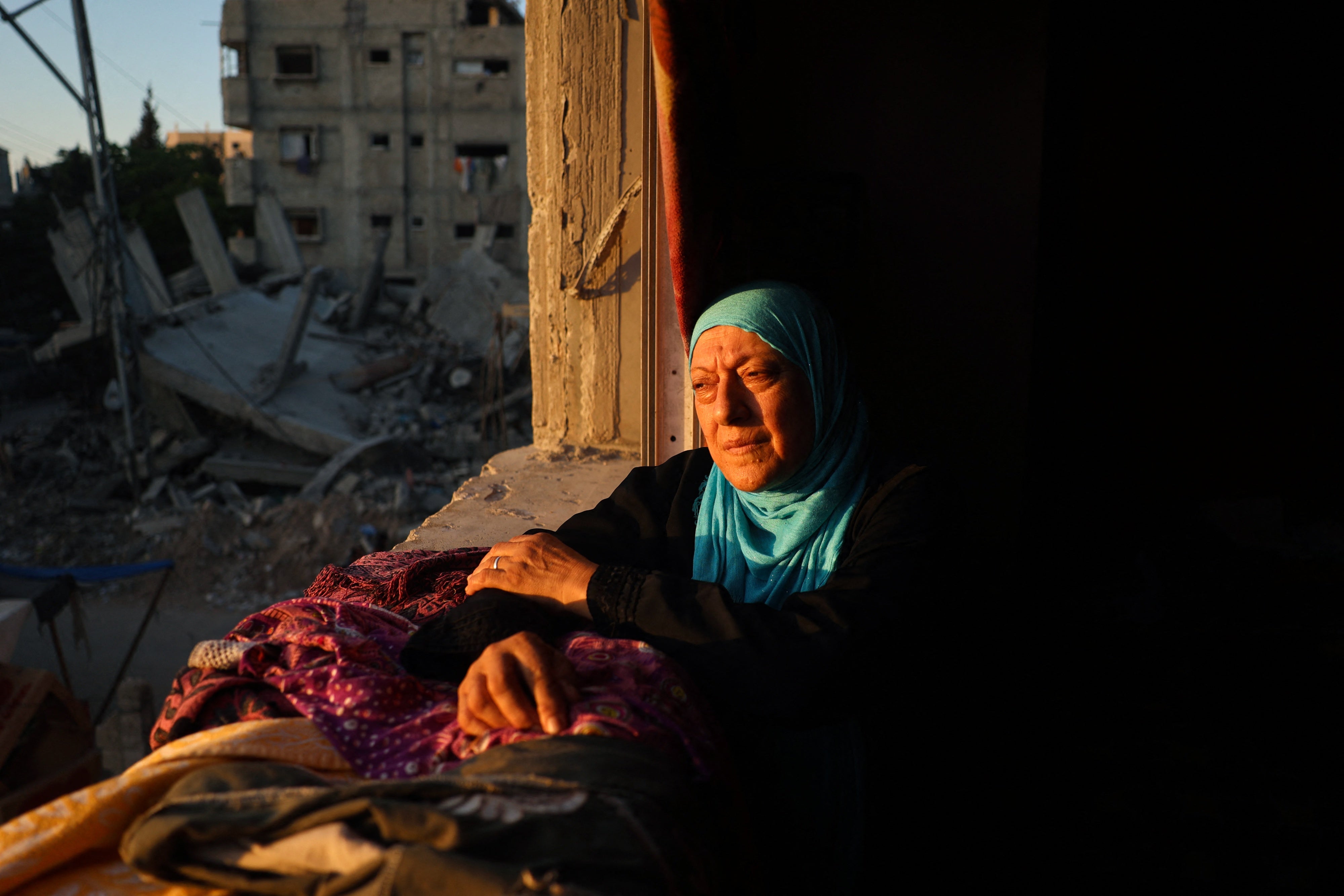Japan is a liberal democracy with a robust civil society. In October, the ruling Liberal Democratic Party’s (LDP) Shigeru Ishiba became Japan’s new prime minister. In November’s general election, the LDP and its coalition partner lost their majority in the lower house of the Diet for the first time since 2009.
Japan has no laws prohibiting racial, ethnic, or religious discrimination, discrimination based on sexual orientation or gender identity, or discrimination based on age. Japan does not have a national human rights institution.
Death Penalty
Concerns have long been raised about death row inmates, including their inadequate access to legal counsel and that they are notified of their execution only on the day it takes place. There had been no executions in Japan in 2024 at time of writing and 107 people were on death row in penal facilities as of October. In September, a local court found Iwao Hakamata, an 88-year-old former professional boxer arrested in 1966 for the murder of a family of four and subsequently given the death penalty, not guilty after a retrial. Hakamata’s retrial began in 2023 after decades of retrial request processes. Hakamata is the fifth death-row prisoner to be exonerated in Japan since World War II.
Criminal Justice System
Japan’s pretrial criminal justice system has long been criticized for its prolonged detention and interrogations without the presence of legal counsel, which often involve coerced confessions through manipulation and intimidation. Efforts for reform led to several positive court rulings. In July, the Tokyo District Court ordered the government to compensate for violating the right to personal dignity in a case in which the prosecutor verbally abused the suspect during days of relentless interrogation, even after the suspect had invoked his right to remain silent. In August, the Osaka High Court decided for the first time to prosecute a prosecutor over his conduct during an interrogation.
Prison Conditions
Many women imprisoned in Japan suffer serious human rights abuse and mistreatment in custody due to the government’s inadequate reforms, the criminalization of simple possession and use of drugs, and insufficient alternatives to imprisonment. In February, in light of Human Rights Watch research, the Japanese government acknowledged that between 2014 and 2022, prison guards violated six times a 2014 directive effectively banning all penal institutions from using restraints on imprisoned pregnant women inside delivery rooms. In March, the Ministry of Justice broadened the 2014 directive in line with international standards.
Women’s Rights
Japan ranks last among the Group of Seven nations for gender equality, primarily due to inadequate empowerment and representation of women in politics and business, according to the World Economic Forum. Women’s rights activists continue to push for reforms; efforts to change the current compulsory system of one common surname for married couples are gaining momentum. Under current law, some 95 percent of married couples end up using their husband’s surname, partly due to social norms and socioeconomic inequalities.
Sexual Orientation and Gender Identity
While the National Diet stalled on revising the abusive Gender Identity Disorder Special Cases Act despite a landmark Supreme Court ruling in 2023, several positive court rulings were delivered related to marriage equality. In March, the Sapporo High Court ruled that the ban on same-sex marriage was unconstitutional, followed by similar rulings in October by the Tokyo High Court and in December by the Fukuoka High Court. The three rulings by the high courts are among the six marriage equality cases currently pending in courts across Japan. In March, the Supreme Court's Third Petty Bench ruled that same-sex partners are eligible for crime victims' benefits as surviving family members, the first such ruling in Japan.
Asylum Seekers and Refugees
Japan’s asylum and refugee determination system remains strongly oriented against granting refugee status. In 2023, the Justice Ministry received 13,823 applications for refugee status, but recognized only 303 people as refugees, and categorized 1,005 people, 920 from Myanmar, as needing humanitarian assistance, allowing them to stay in Japan. Applications for refugee status in 2023 increased by 266 percent from 2022.
In June, the amended Immigration Control and Refugee Recognition Act went into effect. The new law allows Japan to deport asylum seekers who apply for refugee status more than twice.
Rights of Migrant Workers
As Japan faces a rapid decline in its working age population, the government has secured migrant workers through the foreign technical intern training program for decades. The program long drew criticism for being a “hotbed” of human rights violations, partly because it binds migrant workers to their sponsoring employers without the option of changing them for at least three years.
In June, the Diet abolished the foreign technical intern training program and established a new training and employment system for foreign workers. While the new system will eventually allow migrant workers to change their employers after working for one year, critics say the conditions remain vague.
Racial Profiling
In January, three ethnic minority residents of Japan filed a lawsuit against authorities including the Japanese government and the Tokyo metropolitan government, alleging that the three were subjected to repeated police identity checks because of how they looked.
Right to Education for Non-Citizen Children
International law requires primary education to be compulsory for all children, and permits no discrimination based on national origin or language in the realization of the right to education. However, Japan’s law on compulsory education applies only to Japanese citizen children, not to non-citizen children living in Japan. According to the education ministry, around 8,600 non-citizen children of compulsory education age—almost 6 percent of all such children—were possibly not enrolled in school. The ministry also reported that almost 70,000 children were in need of Japanese language instruction, the largest number ever recorded.
Disability Rights
In July, Japan’s Supreme Court ruled that the now-defunct Eugenic Protection Act was unconstitutional and ordered the Japanese government to compensate people who were sterilized under the law. Approximately 84,000 persons, mostly with genetic disorders, were targeted by the law, including around 25,000 persons who were sterilized between 1948 and 1996.


